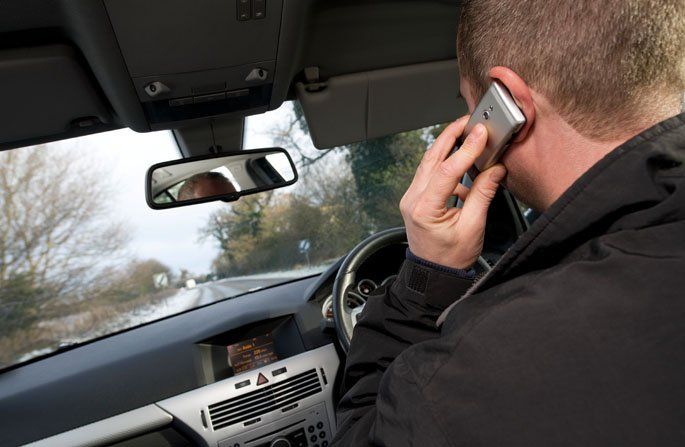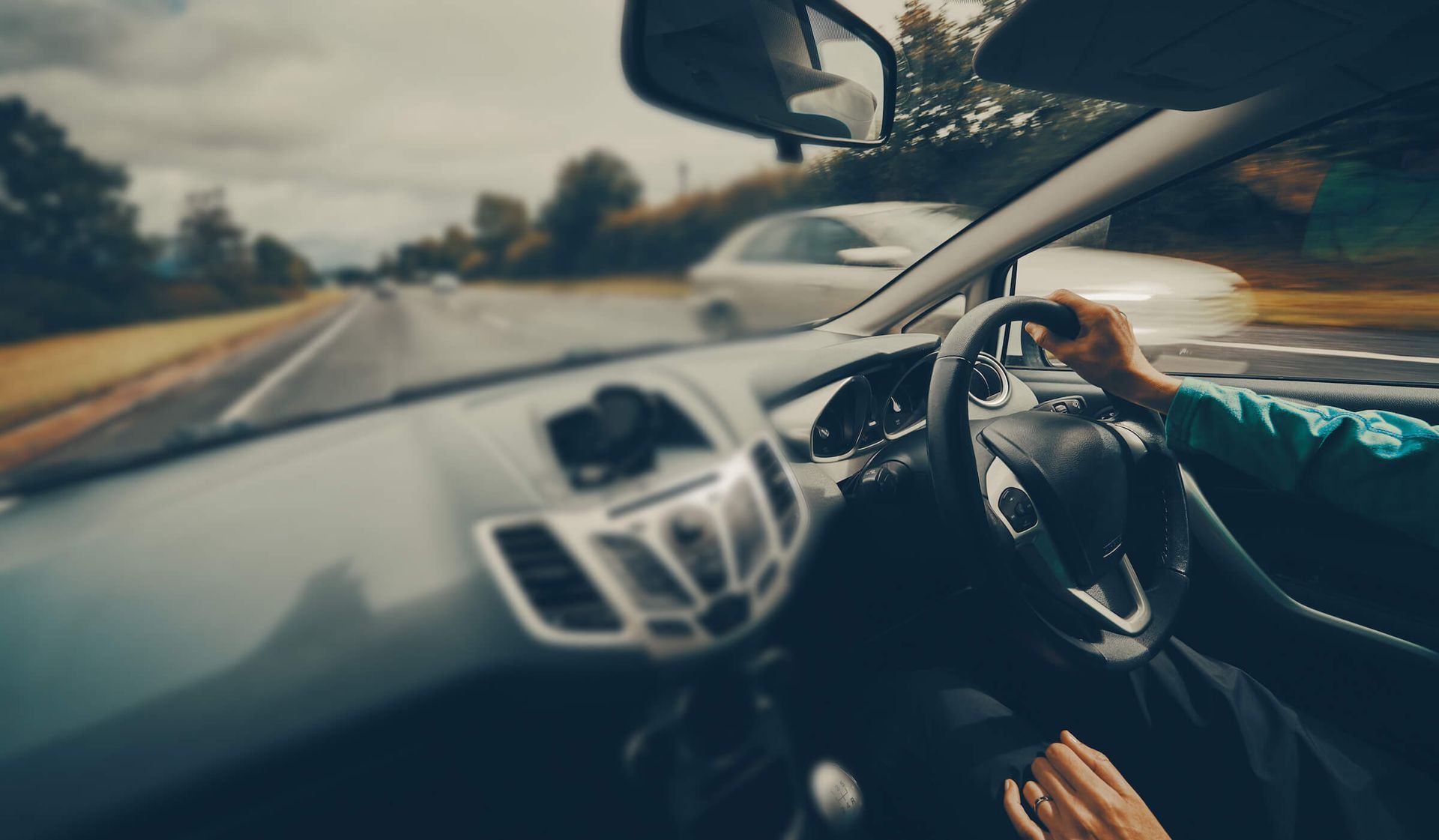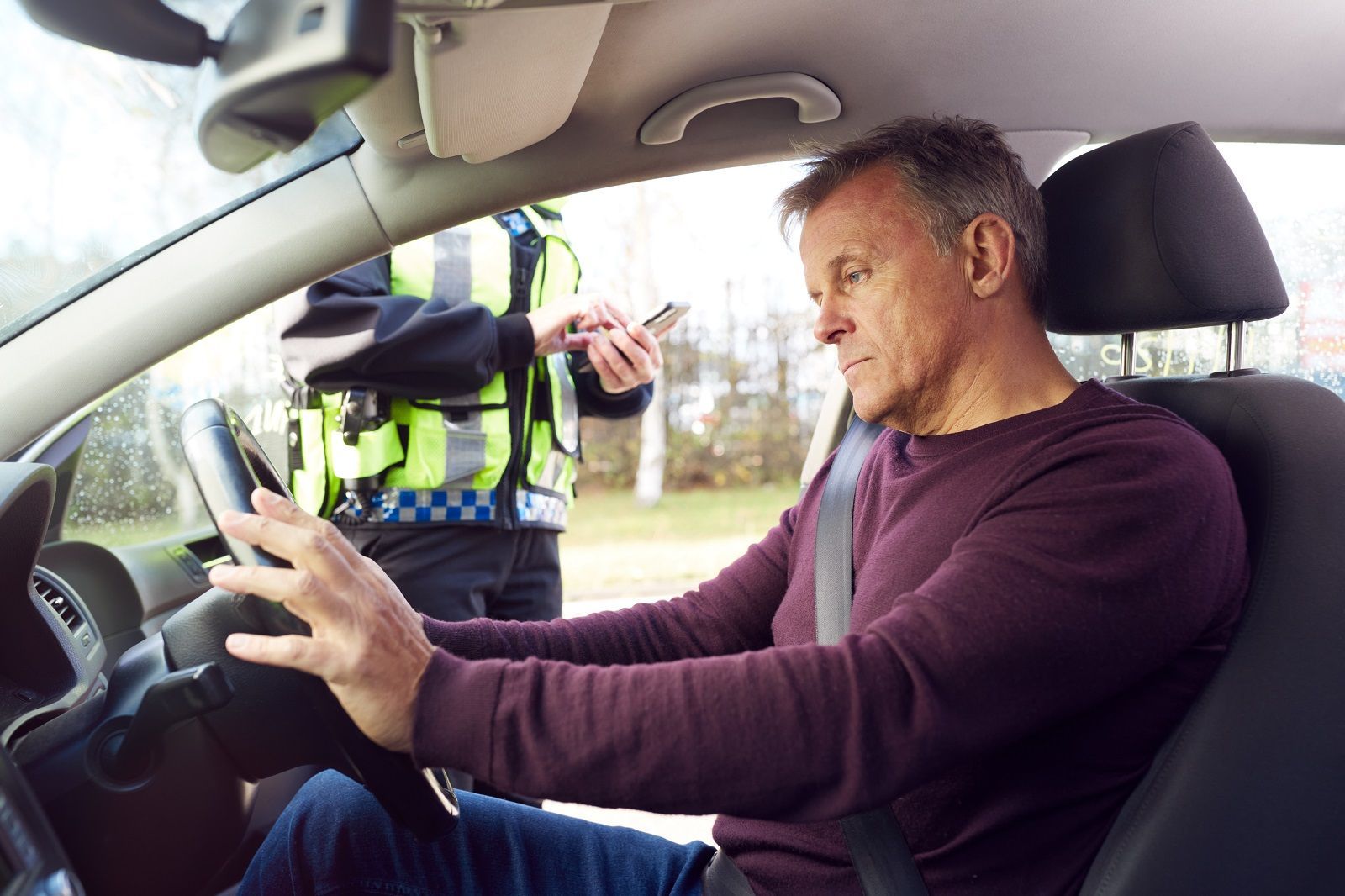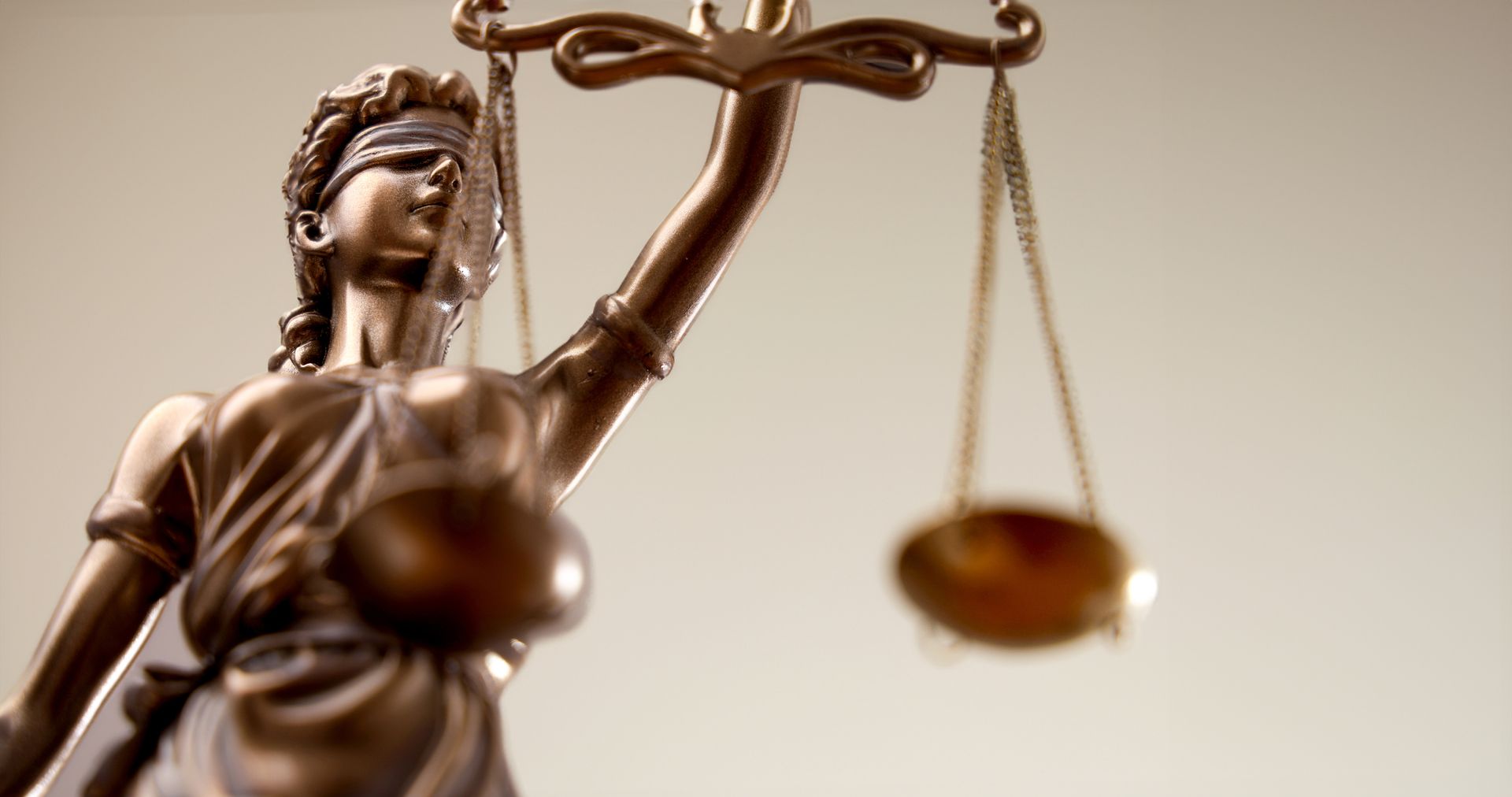Driving Offences Aberdeen: What to Do if You Were Accused

Driving offences are extremely serious, and maintaining safe driving on the roads is extremely important. Poor driving behaviours are not only a danger to those in the car, but also to other drivers, passengers and pedestrians. Poor driving and driving offences can often come down to carelessness or emotional outbursts such as ‘road rage’. In this blog, we are going to dive into some of the most common driving offences, and the prosecution that may follow. Additionally, if you have been accused of a driving offence, we have outlined the most important steps you need to take. To find out more about these driving dilemmas, keep on reading.
What Are The Most Common Driving Offences And How Are They Dealt With?
These are some of the most common offences that occur whilst driving, and it’s important to be aware of them so that you don’t get caught making any of these mistakes.
Careless / Dangerous Driving
Careless and dangerous driving can include a range of behaviours, and is extremely risky. It could cause potential harm to passengers in the car, or to those in other vehicles. Things that might be considered dangerous or careless driving might include:
● Drag racing other vehicles
● Erratic driving
● Eating and driving
● Drinking while driving
● Checking your phone
Dangerous driving offences can be referred to court, resulting in a driving ban, unlimited fine and potentially 14 years in prison.
Speeding
This is one of the most common driving offences, and many people will be issued a fine, or three points on their licence. If you are caught speeding, even one or two miles over the speed limit, you will be prosecuted. If you’re caught by a small margin, you may be offered a speed awareness course, however if you are caught speeding by a large margin, this can lead you to the magistrates court. You could potentially suffer from a driving ban in a worst case scenario.
Using Your Phone
The police are cracking down on phone use behind the wheel, with hefty roadside fines and up to 6 points on your licence. If you end up going to court, you may be given a driving ban or issues with up to a £1000 fine.
Drink Driving
While there is a legal limit to how much you can drink if you’re going to drive, this can vary depending on how much you’ve had to eat, your body weight…etc. The current legal limit is 4 units of alcohol, which is equivalent to about two pints of regular beer. Ensure you check the driving limit in your area before driving after alcohol. And if you feel unable to drive, do not attempt to. If you are caught, breathalysed and over the limit, you will be prosecuted.
The consequences for drunk driving can include driving bans, unlimited fines and up to 6 months in prison. If you are involved in a crash while being over the limit, you could face up to 14 years in prison, fines and at least a two year driving ban.
Drug Driving
Much like drunk driving, drunk driving is also extremely dangerous. Being under the influence in any way and operating a vehicle is extremely risky and puts many people in danger.
The process is almost the same as drunk driving, and if you are over the limit on any kind of illegal drugs, you will be issued at least a one year driving ban, unlimited fine and six months in prison.
Driving After A Ban
If you get caught driving after you have been banned or disqualified, the police will arrest you and the result of the offence will be decided by the court. You will not be issued a fine, however you will be arrested on the spot. As a minimum sanction you will likely be barred from driving for even longer.
Driving Without Insurance
Driving a vehicle without insurance may sound like nothing, but if you trigger an ANPR (automatic number plate recognition) then you could walk away with 6 points on your licence as well as a £300 fine. If your case ends up going to court, you will most likely end up with a fine and a driving ban.
Driving Without An MOT
This is similar to driving without any insurance. It is a major risk, as there may be issues with your car that mean it is not road safe to drive. So, not only is this a potential hazard to yourself and others, but if the case goes to court you could be fined up to £1000
Fixed Penalty Notices
Many offences are dealt with a fixed penalty notice, like a fine. If a police officer thinks that a FPN would be an appropriate sanction then they will issue an FPN. You can decide to pay the fine or you can reject it, in which case you will have to appear in court. FPNs can be split into two categories.
● Endorsable Tickets - These usually mean that you will get points on your licence (usually 3) and are given out for things like speeding, careless driving or driving with your phone in your hand.
● Non-Endorsable - These are offences like driving without a valid MOT, stopping on the hard shoulder or not wearing your seatbelt, and do not add any points to your licence.
What Happens If I Am Accused Of A Driving Offence?
Depending on the severity of the offence, and the type of offence, you could be issued a simple fine or points on your licence. On the other hand, you could potentially end up going to court, prison or be issued a serious driving ban.
If you’re caught committing an offence, and fail to provide any information to the police about the event,this could lead to a ‘failure to provide information offence’ which is another charge that you should try to avoid. If you are caught, give the police as much information as possible to avoid further complications in your case.
Hiring A Lawyer
There are many reasons that you may decide to hire a specialist road traffic solicitor or lawyer, especially if you are looking at a relatively severe driving offence. These are a few of the reasons why hiring a professional could benefit you throughout your case:
● Getting a lawyer can be extremely helpful, especially if you have limited knowledge of the courts, proceedings and general operation of the legal system.
● Lawyers or solicitors are guaranteed to have more niche and industry knowledge regarding driving offences, so they can be useful to have on board. It allows them to spot things that you may have overlooked that could be helpful to your case.
● It’s not a guarantee that your lawyer can help you avoid any charges, however, they may be able to look for loopholes or use evidence to reduce the severity of your sanction.
● Free legal advice for motor offences is not provided for most cases, however, seeking legal aid can help you to approach your case in the most constructive way, and help to prevent more charges from coming your way.
● If you decide to hire a lawyer or solicitor, it’s important to find a reliable and dependable service that you can rely on. You will have to discuss your entire case with your lawyer, so seeking out someone you can trust is definitely in your best interest.
Road Traffic Law & Car Accident Claims In Aberdeen
Here at Lefevre Litigation, we offer specialist criminal law services for a range of different offences including fraud, assault, theft and many more. We are committed to delivering exceptional legal counsel and strong legal representation no matter what. Whether it’s whiplash compensation in Aberdeen or a traffic lawyer in Aberdeen that you need, we are here to help.
To find out more about our road traffic offence services, you can visit our website to read more. Alternatively, you can
contact us today to speak to one of our team directly.










